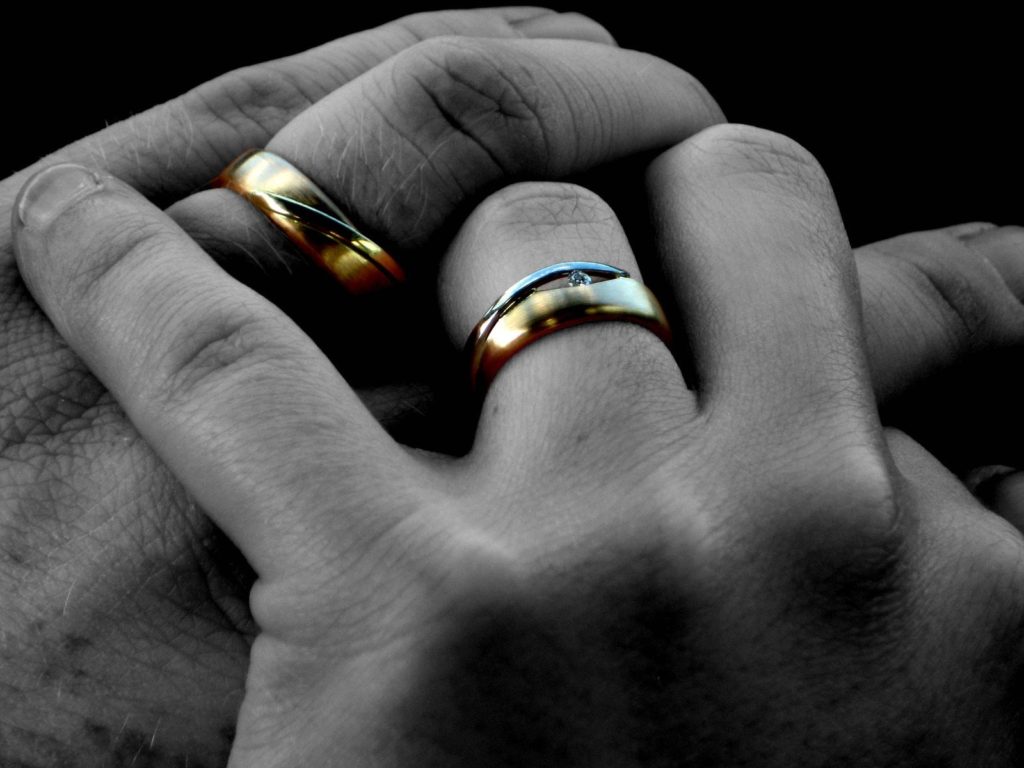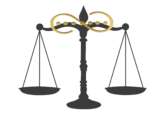
For better or worse…
…in sickness and in health.
Another weekend has passed, and we have done our grocery shopping. Our pay, and pension were the same but the prices were not. Many of us are in need of financial assistance. Some of us need our income to be supplemented, and others are completely dependent on grace and kindness. Fortunately, if you are a spouse, or ex-spouse, our maintenance laws have taken you into consideration. As usual under the law, your specific circumstances will be considered to be determine exactly what orders the court will make.
You’re married, or cohabiting, now what?
If you said the traditional vows of ‘for better or worse… in sickness and in health’ the law is here to ensure that you keep your word, if the circumstances justify it. For those of us who don’t need the legal documents to confirm our love, the law covers you just the same if you meet all the requirements for being considered a spouse.
As a spouse, you are legally obligated to assist your own spouse to meet their reasonable needs, as much as you are capable of doing so. This may mean you have to meet all, or a part of his or her reasonable needs, if he or she is not capable of doing so. Contrary to what is generally said in public, the law does not lean in favour of either the male, or female spouse.
What if you don’t think your spouse needs help, or is simply lazy?
The Court focuses on making a maintenance order that is fair, with the intention to assist your spouse towards being able to contribute to his or her own support. Where the court’s assistance has been requested matters such as the following will be considered:
- the length of time of the marriage, or cohabitation (where not legally married)
- the accustomed standard of living during the marriage, or cohabitation
- eligibility for pension, allowance, or benefit and the terms
- any housekeeping, child care or other domestic service performed.
You no longer cohabit with your spouse, now what?
The love for your cohabiting spouse has ended but, your obligation to maintain your now ex-cohabiting spouse has not automatically ended. Your ex-cohabiting spouse has 12 months after the end of the cohabitation to seek a maintenance order. Otherwise, you would be released from this legal obligation if your ex-cohabiting spouse marries, or cohabits with another person, even if you were paying maintenance.
Divorced, now what?
A divorce does not automatically end your obligation to maintain your ex-wife, or ex-husband. This is so, even if you have re-married. There is no time limit up to which your ex-wife, or ex-husband can seek maintenance. This does not mean that an ex-wife, or ex-husband should expect life-long support. The focus is on helping the ex-wife, or ex-husband to become financially independent as soon as possible. As usual, the court will consider all the circumstances, and what is fair. The court will consider factors such as:
- whether your ex-wife/husband is actually in need of financial assistance
- whether your ex-wife/husband can afford to provide you with financial assistance
Terms of a maintenance order for a spouse, or ex-spouse
Court orders regarding your current spouse, or ex-spouse usually state how much should be paid, and for how long. Where a request for maintenance is made by a former spouse, the Court seeks to ensure that the ex-spouses can have a “clean-break” from each other. How this is achieved varies depending on the circumstances. In some cases, the court may order that a lump-sum is to be paid, and when. Otherwise, the court may decide that periodic payments should be made with a specific end date.
Ultimately, your romantic words, and actions do matter. In the end, an ex-spouse must be able to move on with his/her independent life having settled your financial dealings.
Disclaimer by the author: Nothing in this article is to be taken as legal advice. You should consult an attorney regarding your specific case. All liability with respect to actions taken or not taken based on the contents of this article are hereby expressly disclaimed.
